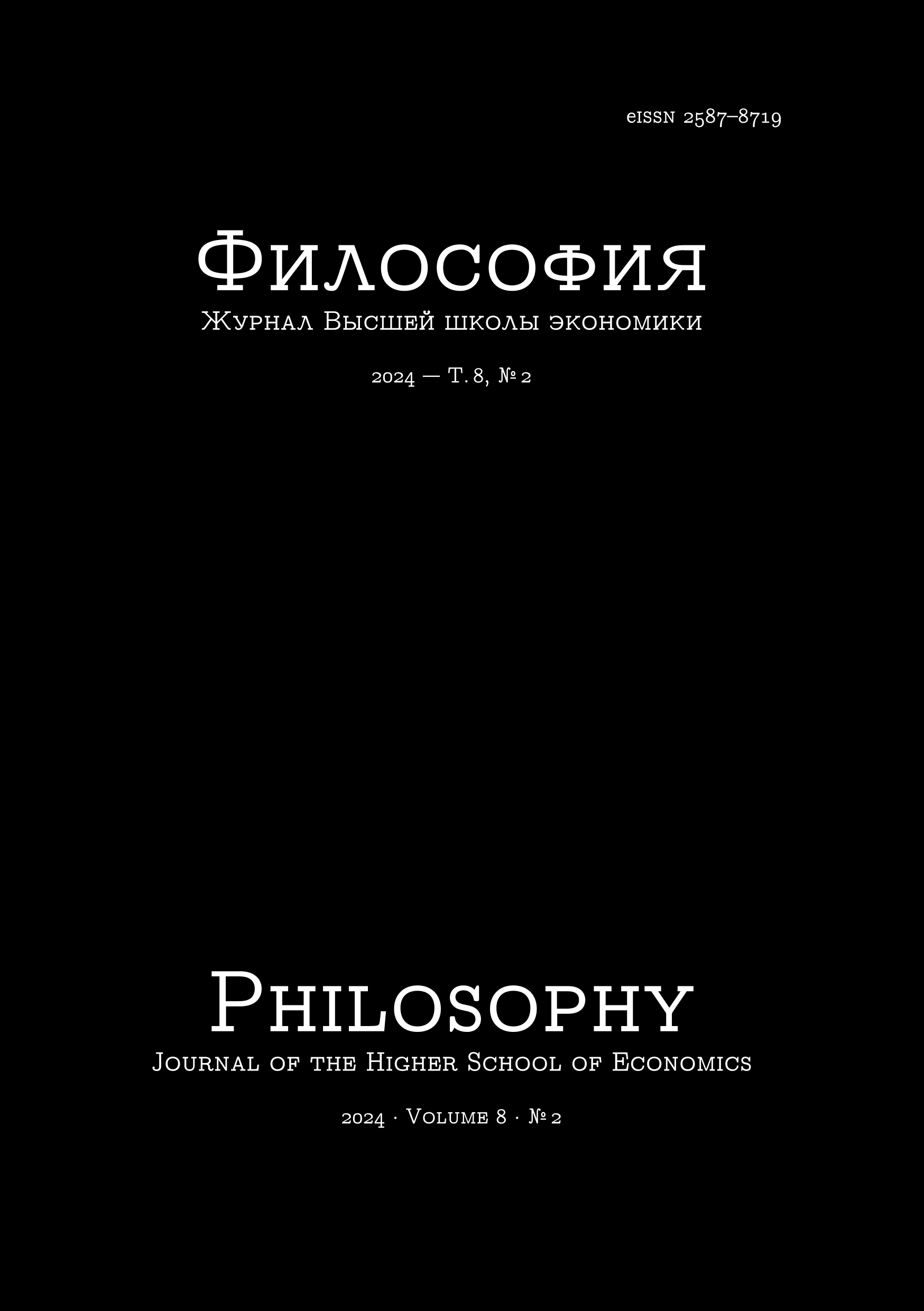Homo novus в утопических проектах советских фантастов И. Ефремова, А. и Б. Стругацких 1950–80-х гг.
Аннотация
В статье рассматривается, каким образом проблемы социального переустройства общества и пересоздания человека решились в утопических проектах советских фантастов 1950–80-х гг. Первым таким проектом в указанный период стал роман Ивана Ефремова «Туманность Андромеды». Роман этот возник как ответ на определенные духовные запросы советского общества периода «оттепели». Представленная в нем утопическая картина будущего не была отражением официальной идеологии и официального политического курса, но отклонялась от них, выражая надежду на дальнейшую антиавторитарную эволюцию. После того, как эти надежды в конце 1960-х гг. не оправдались, Ефремов переходит к более критической оценке советской действительности, но при этом не отказывается от утопического элемента, в некоторых отношениях даже усиливая его, подчеркивая физическое и духовное совершенство людей будущего. Эгалитаризм, характерный для левых утопических проектов, дополняется у Ефремова духовным измерением, обращением к восточным (индо-буддистским) практикам саморегулирования психики, гармонизации межличностных отношений и отношений с природой. Сходную эволюцию проходят и братья Стругацкие: от энтузиазма начала 1960-х гг. (вдохновленного в том числе и романом Ефремова) к разочарованию и деконструкции утопического идеала, созданного ими ранее. Но, столкнувшись с тупиком, в который зашел гуманистический проект человека, ни Ефремов, ни Стругацкие не осмелились радикально расширить его, превратив в постгуманистический проект и включив в него искусственный разум, негуманоидных разумных существ и постлюдей, как это делают современные социальные философы.В статье рассматривается, каким образом проблемы социального переустройства общества и пересоздания человека решились в утопических проектах советских фантастов 1950–80-х гг. Первым таким проектом в указанный период стал роман Ивана Ефремова «Туманность Андромеды». Роман этот возник как ответ на определенные духовные запросы советского общества периода «оттепели». Представленная в нем утопическая картина будущего не была отражением официальной идеологии и официального политического курса, но отклонялась от них, выражая надежду на дальнейшую антиавторитарную эволюцию. После того, как эти надежды в конце 1960-х гг. не оправдались, Ефремов переходит к более критической оценке советской действительности, но при этом не отказывается от утопического элемента, в некоторых отношениях даже усиливая его, подчеркивая физическое и духовное совершенство людей будущего. Эгалитаризм, характерный для левых утопических проектов, дополняется у Ефремова духовным измерением, обращением к восточным (индо-буддистским) практикам саморегулирования психики, гармонизации межличностных отношений и отношений с природой. Сходную эволюцию проходят и братья Стругацкие: от энтузиазма начала 1960-х гг. (вдохновленного в том числе и романом Ефремова) к разочарованию и деконструкции утопического идеала, созданного ими ранее. Но, столкнувшись с тупиком, в который зашел гуманистический проект человека, ни Ефремов, ни Стругацкие не осмелились радикально расширить его, превратив в постгуманистический проект и включив в него искусственный разум, негуманоидных разумных существ и постлюдей, как это делают современные социальные философы.
Скачивания
Copyright (c) 2024 Philosophy Journal of the Higher School of Economics

Это произведение доступно по лицензии Creative Commons «Attribution-NonCommercial» («Атрибуция — Некоммерческое использование») 4.0 Всемирная.






